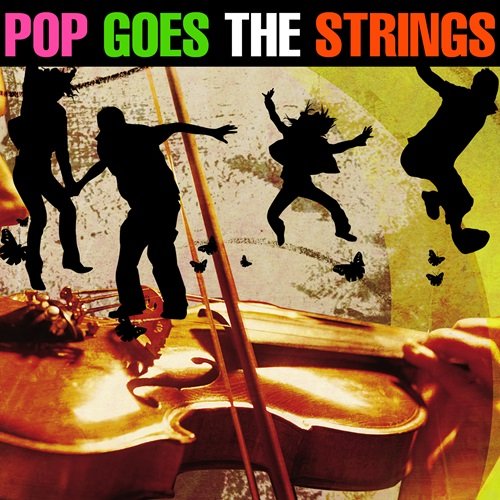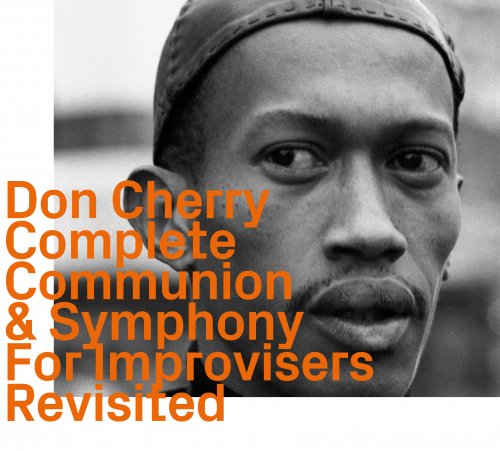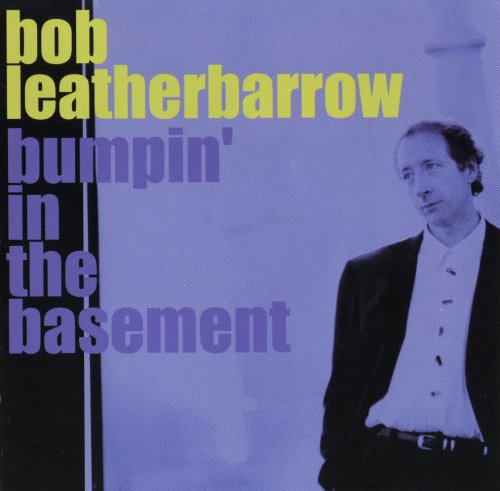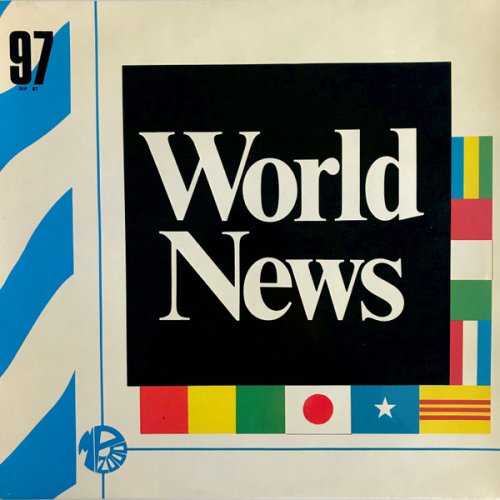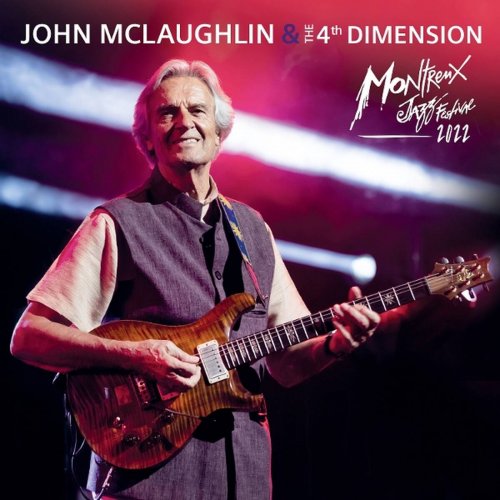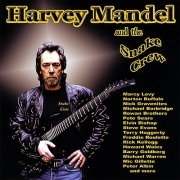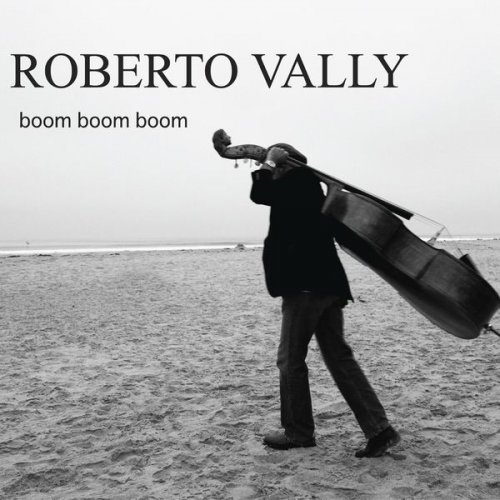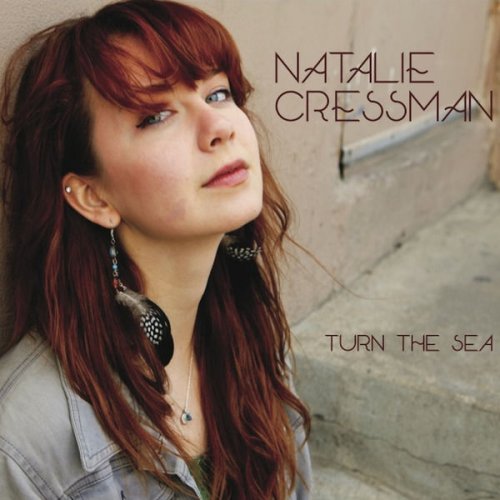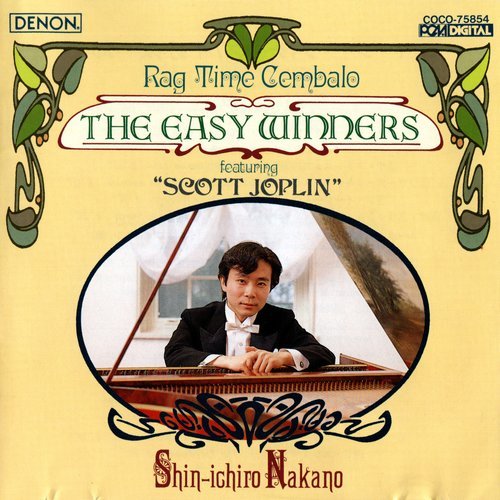Ricercar Consort & Philippe Pierlot - Matthias Weckmann: Conjuratio (2013) [Hi-Res]
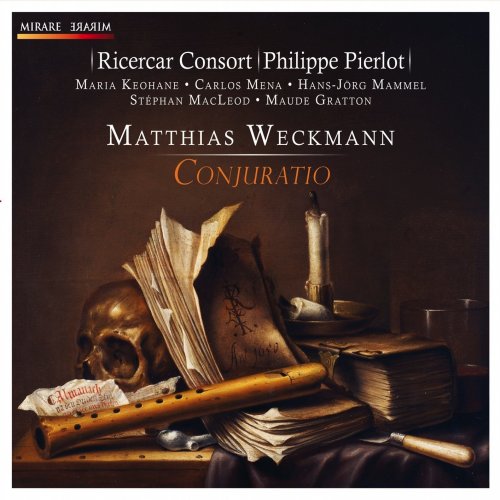
Artist: Ricercar Consort, Philippe Pierlot
Title: Matthias Weckmann: Conjuratio
Year Of Release: 2013
Label: Mirare
Genre: Classical
Quality: flac lossless / flac 24bits - 88.2kHz +Booklet
Total Time: 01:19:11
Total Size: 439 mb / 1.38 gb
WebSite: Album Preview
TracklistTitle: Matthias Weckmann: Conjuratio
Year Of Release: 2013
Label: Mirare
Genre: Classical
Quality: flac lossless / flac 24bits - 88.2kHz +Booklet
Total Time: 01:19:11
Total Size: 439 mb / 1.38 gb
WebSite: Album Preview
01. Concerto I. Weine nicht, Es hat überwunden. à 9
02. Concerto II. Zion spricht: Der Herr hat mich verlassen. à 8
03. Praembulum Primi toni a 5
04. Concerto III. Herr, wenn ich nur dich habe. à 8
05. Concerto IV. Wie liegt die Stadt so wüste. à 7
06. Primus Versus
07. Secundus Versus Auff 2 Clavir
08. Tertius Versus
09. Kommet heer zu mir alle die ihr Mühselig und beladen seÿdt. à 6
10. Wenn der Herr die Gefangenen zu Zion
11. Primus Versus a 5
12. Secundus Versus a 4 Auff 2 Clavir
13. Tertius Versus a 5
14. Quartus Versus a 6
![Ricercar Consort & Philippe Pierlot - Matthias Weckmann: Conjuratio (2013) [Hi-Res]](https://www.dibpic.com/uploads/posts/2021-03/1615463969_ricercar-consort-philippe-pierlot-matthias-weckmann-conjuratio-2013-back.jpg)
Weckmann's musical training took place in Dresden under the direction of Heinrich Schütz, then in Hamburg where he worked with Praetorius. Weckmann travelled to Denmark in 1637 with Schütz, where his Lüneberg manuscript has been lurking, wrongly attributed to Christoph Bernhard. Weckmann became organist in Dresden at the Electoral Court of Saxony from 1638 to 1642, and returned to Denmark until 1647 (during the Thirty Years' War).
During a new (and his last) stay in Dresden from 1649 to 1655, he met Johann Jakob Froberger during a musical competition which had been organised by the Elector. They remained friends and in correspondence with each other. In 1655, after a competition, he was named titular organist at Saint James church (Jakobkirche) in Hamburg, and spent his remaining life there. He founded a renowned orchestral ensemble, the so-called Collegium Musicum in Hamburg in 1660. This was the most productive period of his life: his compositions of this time include this collection of 1663, which sets visionary settings of biblical texts evoking images of desolation and destruction, but also struggle and hope. It was inspired by the terrible plague which killed his first wife and many of his colleagues in Hamburg that year, including Heinrich Scheidemann.
Matthias Weckmann died in Hamburg c1674 and was buried in a family grave in the Jacobkirche, beneath the organ.
